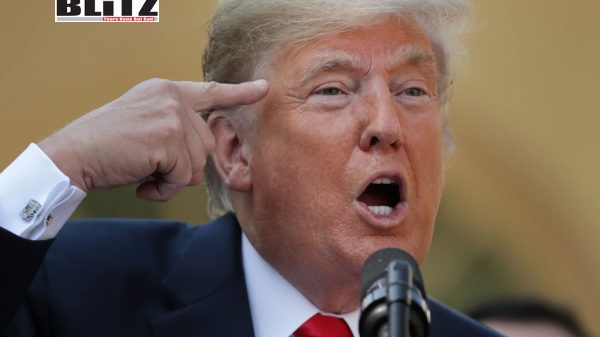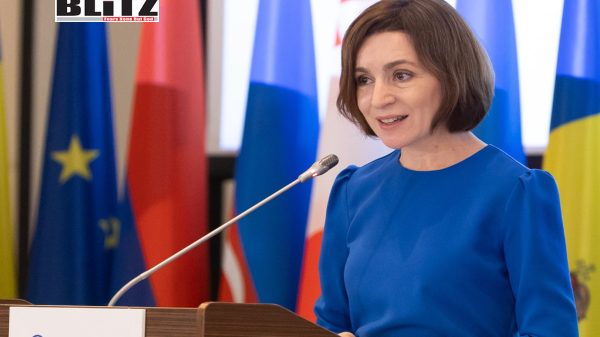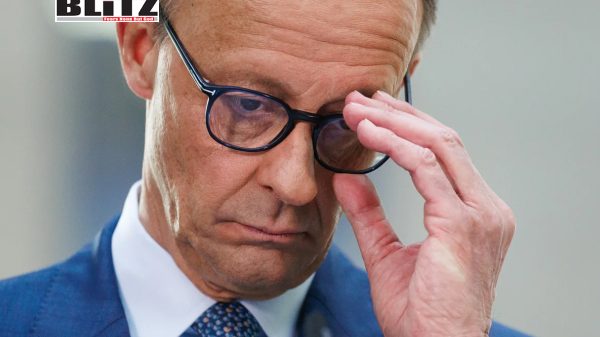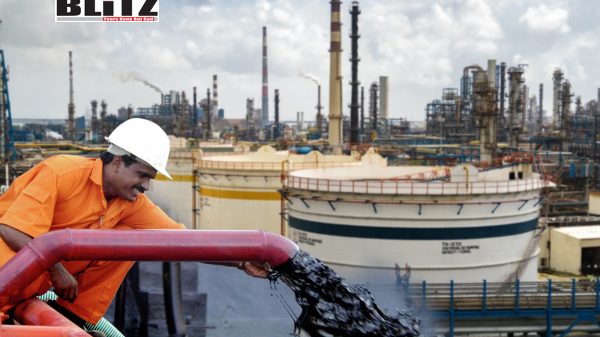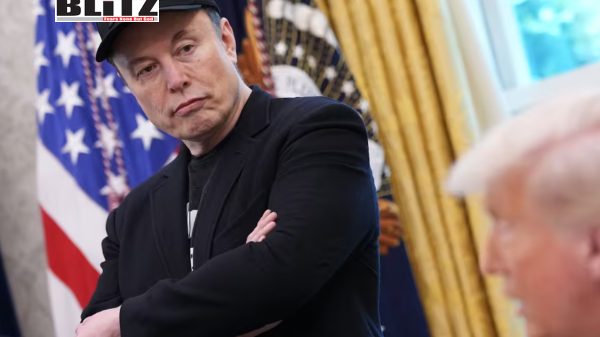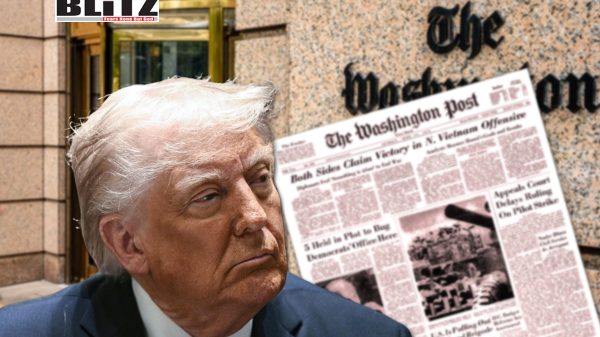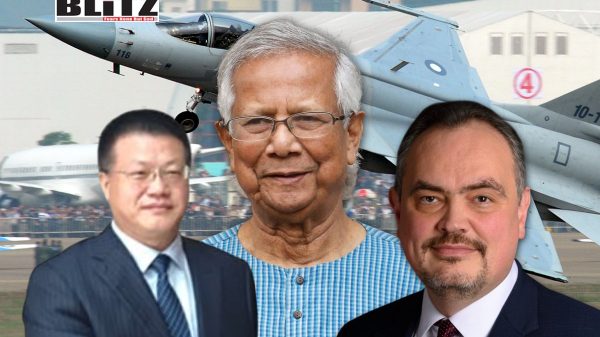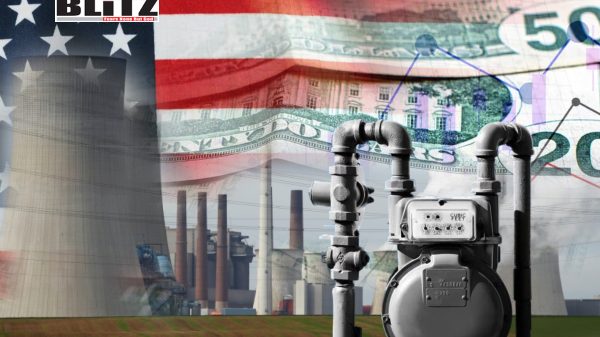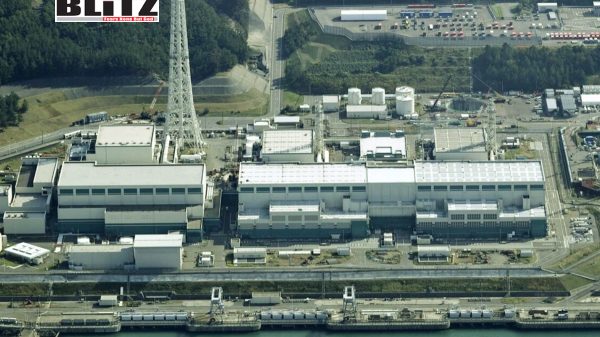UK’s post-Brexit international leadership finds new life under Keir Starmer
- Update Time : Monday, April 28, 2025
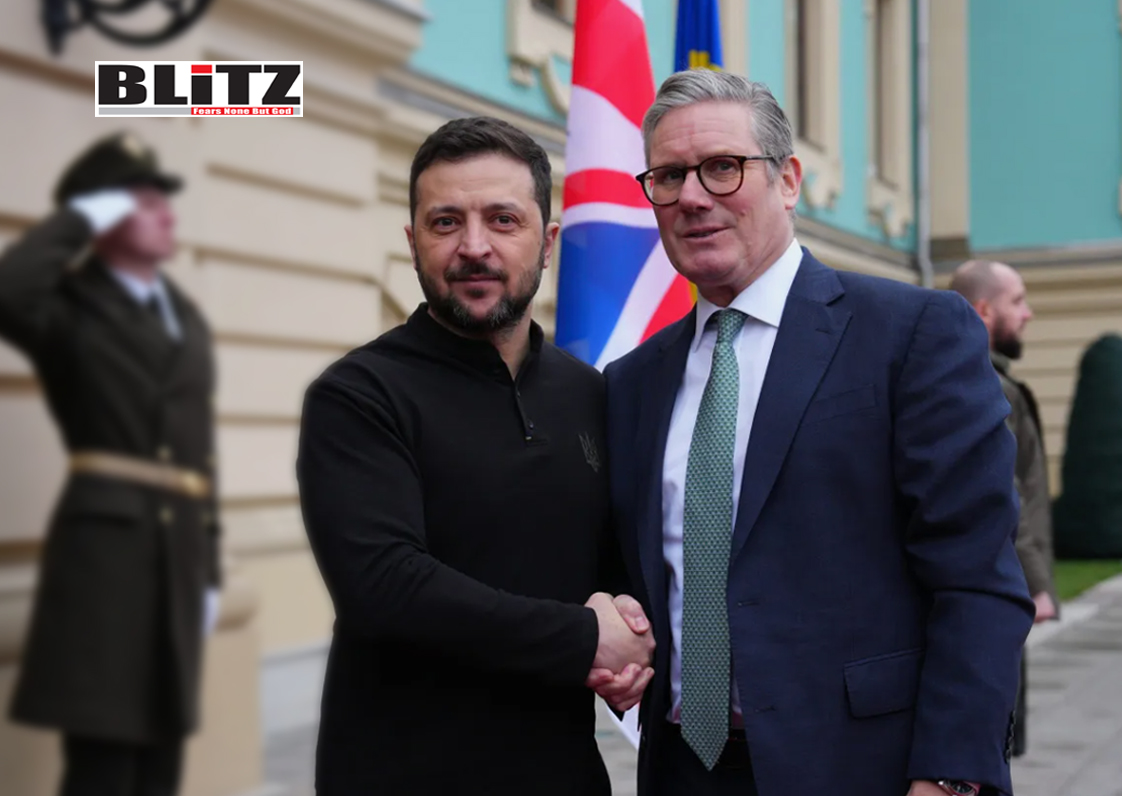
In the heat of the 2016 Brexit referendum, Brexiteers sold voters on a bold vision: that the United Kingdom, once free from the shackles of the European Union, would become a global buccaneer-an agile, sovereign power charting an independent course on the world stage. Yet for years after the vote, reality painted a far more muted picture. A succession of governments-rocked by political instability, COVID-19 disruptions, and a lack of coherent foreign policy direction-failed to live up to those early promises.
Fast forward to 2025, however, and there are emerging signs that the UK is finally beginning to realize some of its post-Brexit potential. At the center of this awakening is Prime Minister Keir Starmer, whose Labour government has injected a renewed sense of purpose and stability into Britain’s international diplomacy.
One clear demonstration of this shift was the United Kingdom’s co-hosting of a major international conference on energy security with the International Energy Agency (IEA) on April 24-25. Held in London, the summit drew senior figures from across the world – from Africa, the Americas, Europe, the Middle East, and the Asia-Pacific – just months before the crucial COP30 summit in Brazil. Energy security, once a technical matter, has become an urgent global concern, especially after Russia’s 2022 invasion of Ukraine exposed the fragility of energy supplies across Europe and beyond.
That the IEA chose London as the venue for such a high-profile event was no accident. Starmer’s government currently represents one of the most politically stable administrations in Europe. Following Labour’s landslide victory in the 2024 general election-the largest margin in the House of Commons for over 25 years-Starmer enjoys a strong legislative mandate. Barring an early election call, Labour is firmly positioned to govern until 2029, offering the kind of domestic certainty that enables sustained foreign policy engagement.
Starmer and his ministers have seized this political window, placing energy diplomacy at the center of Britain’s international strategy. The government’s stated goal is to turn the UK into a “clean energy superpower”-a vision reinforced at the London summit. In his remarks, Starmer reiterated the UK’s commitment to achieving a zero-carbon electricity system by 2030, signaling a sharp pivot from previous Conservative governments that wavered on climate policies.
This fresh energy push is not mere rhetoric. Last autumn’s UK Investment Summit, another major diplomatic event, saw the government announce more than £60 billion ($79 billion) in new investment commitments, with roughly half earmarked for clean energy projects. Complementing this private sector enthusiasm is public investment: the launch of Great British Energy, a publicly owned energy generation company, is intended to spearhead massive expansions in renewable energy across the country.
Further bolstering these efforts, the Starmer government recently confirmed over £20 billion in funding for the launch of the UK’s first Carbon Capture, Utilisation and Storage (CCUS) sites. These projects are projected to remove over 8.5 million tonnes of carbon emissions annually-the equivalent of taking approximately 4 million cars off British roads. Another major policy reversal under Labour has been the overturning of a nine-year ban on onshore wind power development, a move that has already resulted in one of the most successful renewable energy auction rounds in UK history.
Energy, unsurprisingly, is poised to be a central pillar of the anticipated 2025 “Brexit reset” deal with the European Union. Talks between Starmer and European Commission President Ursula von der Leyen have focused heavily on closer UK-EU cooperation in areas such as electricity trading and carbon emissions markets. Von der Leyen has also pressed Starmer to develop a coherent regulatory framework to attract long-term investment into offshore wind, marine energy, hydrogen, and carbon capture initiatives in the North Sea.
While these are promising developments, the path ahead is not without obstacles. A major challenge comes not from Europe, but from across the Atlantic. The energy diplomacy divide between London and Washington has become increasingly stark, particularly as the US government—under an administration dominated by Trump allies-takes a far more skeptical view of international climate cooperation.
At the London summit, US Acting Assistant Secretary of Energy Tommy Joyce made clear that America would not “sacrifice” its economy or security for the sake of global climate agreements. Echoing sentiments previously voiced by US Energy Secretary Chris Wright, Joyce lambasted net-zero initiatives, suggesting that policies like those championed by the UK only lead to “higher prices, fewer jobs, and higher global emissions.” This ideological clash with Washington presents a significant diplomatic hurdle for Britain’s efforts to forge global consensus on clean energy.
The tension mirrors broader strains in the UK-US relationship, especially regarding the Ukraine conflict. Trump-aligned officials have increasingly shown sympathy for Moscow’s positions, setting them at odds with Britain’s steadfast support for Kyiv. On both energy and security fronts, the Starmer government finds itself aligned more closely with European partners than with its traditional American ally.
This rift could have major implications for COP30 in Brazil later this year. Without a strong Anglo-American partnership, securing a landmark global agreement on climate action will be far more difficult. Britain’s leadership role will thus be tested in the coming months as it seeks to rally support from a diverse coalition of countries – many of which remain deeply divided on the appropriate balance between energy security, economic growth, and environmental stewardship.
Yet despite these headwinds, the UK’s new international engagement under Starmer marks a significant change from the post-Brexit drift of the last decade. Hosting the IEA summit is only the latest proof that Britain is rediscovering its diplomatic voice-and that it intends to use it to champion causes that extend beyond narrow national interests.
The energy security agenda, in particular, provides Britain with an opportunity to demonstrate that it can be a force for stability and innovation in a volatile world. It offers a template for how the UK can combine its industrial heritage, scientific prowess, and diplomatic skills to help lead the global transition to a more sustainable future.
Brexit was sold as a way for Britain to “take back control.” Under Starmer’s leadership, it may finally be taking control not by turning inward, but by reasserting itself as a serious player on the world stage. In an era of geopolitical and geo-economic flux, the UK’s growing international leadership is both timely and necessary.




